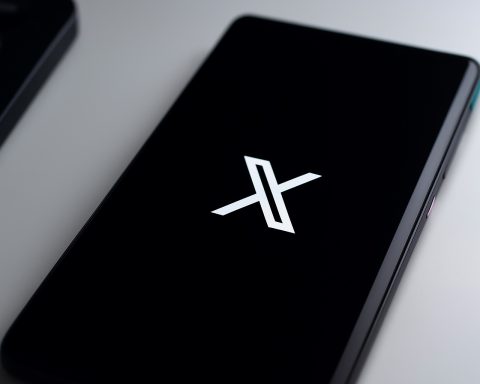
5G veks, 2G svinn, 6G lurer: Høgdepunkt frå globale mobilnett (23.–24. september 2025)
Nøkkelfakta 5G-vekst skyt fart verda over, men skilnader i bruk står att Neste generasjons mobilt breiband held fram med si raske globale utbreiing, med ferske data som viser både ekstraordinær framgang og vedvarande skilnader. 5G-nettverk fekk fleire hundre millionar nye brukarar det





